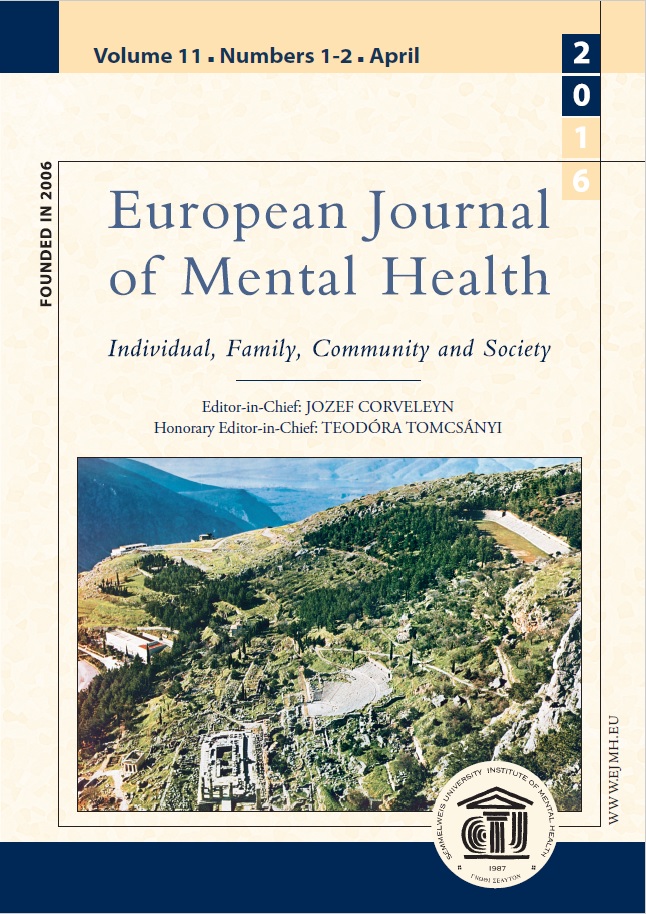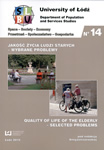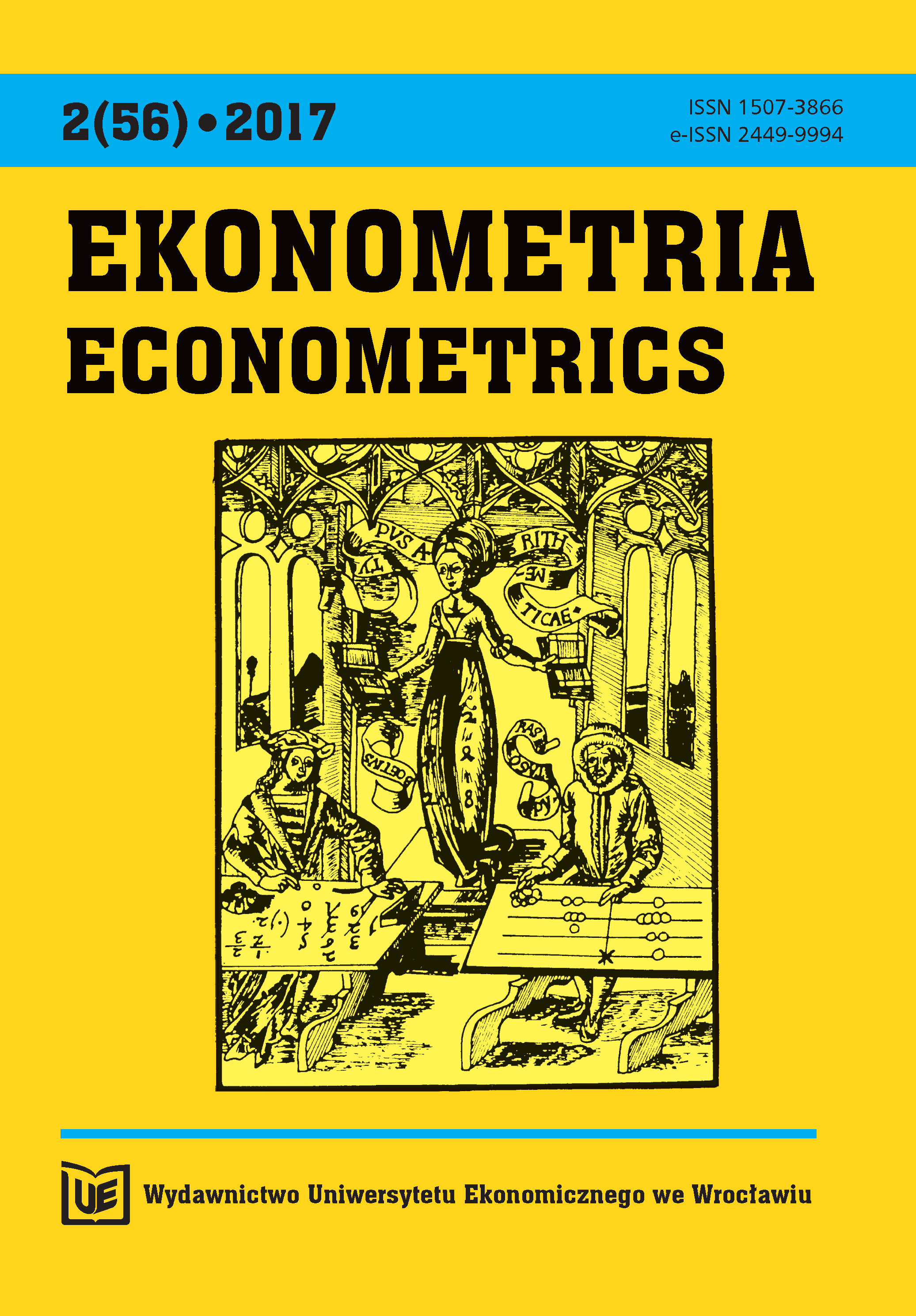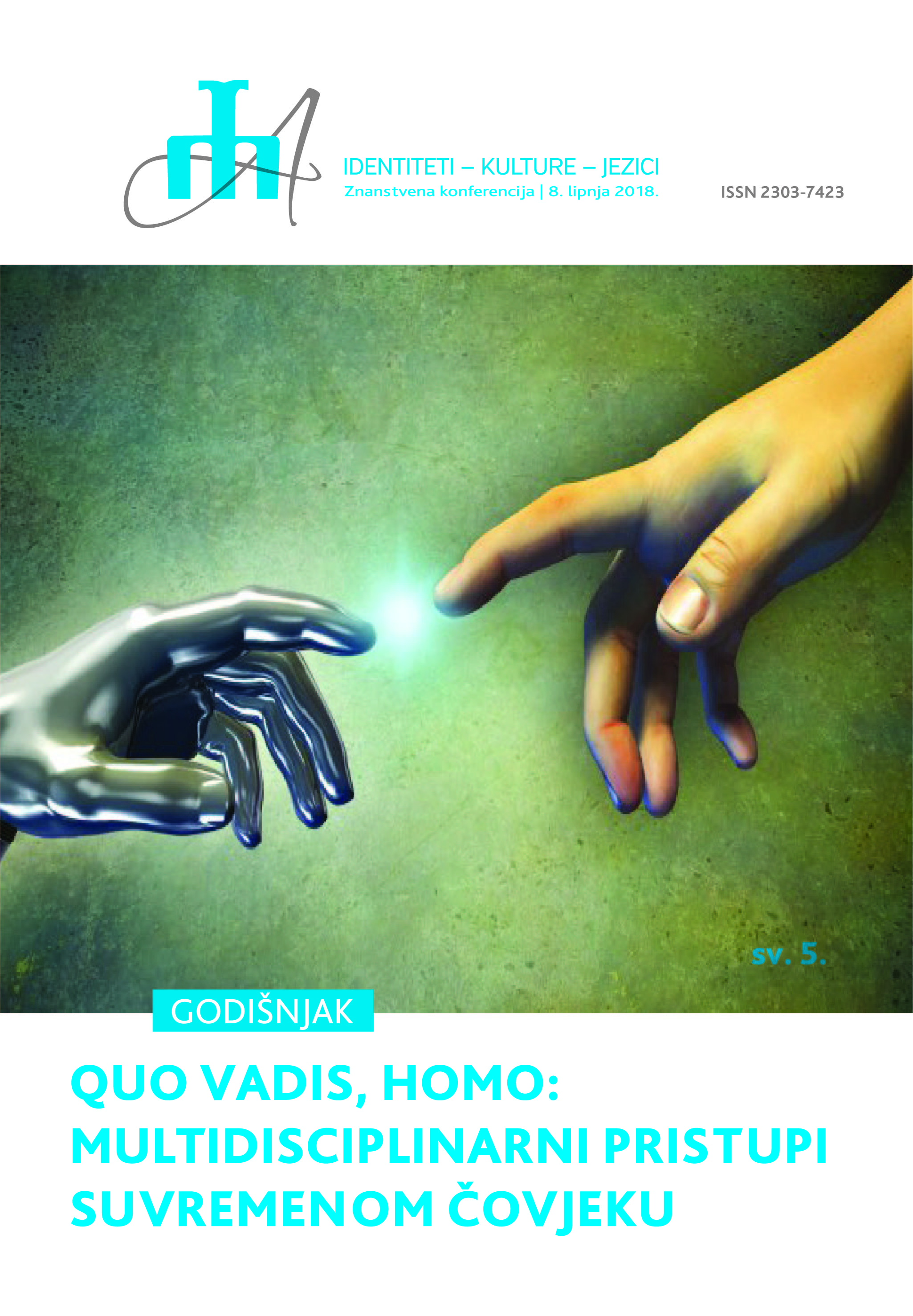
Determinants of Self-Rated Health and Self-Rated Physical Fitness in Middle and Old Age
Self-rated health (SRH) correlates with psychological factors, mortality and functional capacity. Self-rated physical fitness (SRF) has been examined less, and the relationship between SRH and SRF is unclear. The aim of this study was to explore the determinants, differences and similarities of these concepts in middle and old age. In total, 2,000 persons at the mean age of 50.6 years were examined at baseline, and 1,449 were re-examined when they were aged between 65–79 years. On both occasions, the participants underwent a comprehensive clinical examination and health status/habit assessment. We found a strong correlation between SRH and SRF. In midlife, low income, hopelessness, active use of healthcare services, physical inactivity, angina pectoris, arthropathy and elevated blood pressure were associated with both poor SRH and SRF. In old age, high income, alcohol abstinence, physical inactivity, hopelessness, difficulties in activities of daily living, angina pectoris, asthma, rheumatoid arthritis and musculoskeletal disease of the back, and (in men) urinary tract infection were associated with poor SRH and SRF. Income, hopelessness, physical inactivity and angina pectoris correlated with both instruments in both age groups. A wider range of variables was associated with SRH than with SRF. The determinants of SRH and SRF were relatively similar in the younger and older age groups. However, SRH appeared to be a more multi-dimensional instrument than SRF. SRH and SRF are considered reliable indicators of mental and physical health status, and should be accorded more importance when evaluating health among middle-aged and older people.
More...




